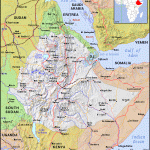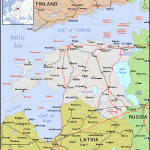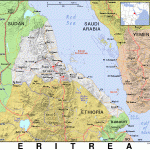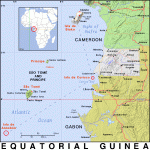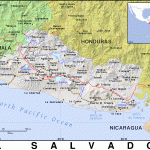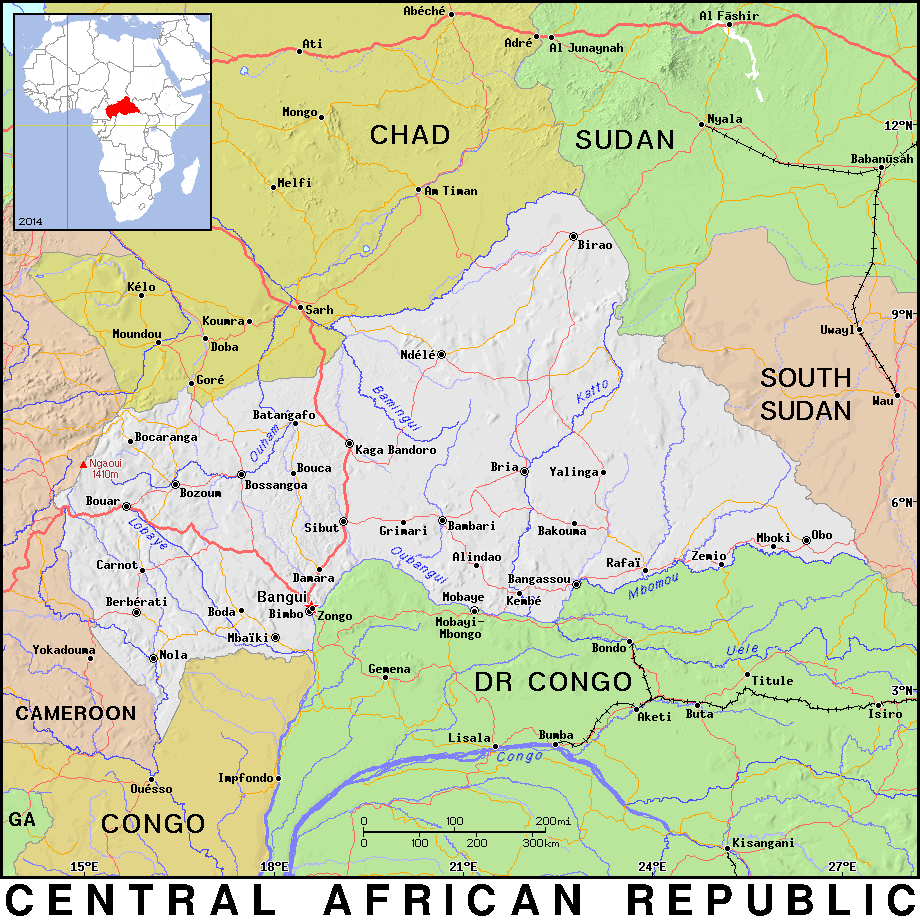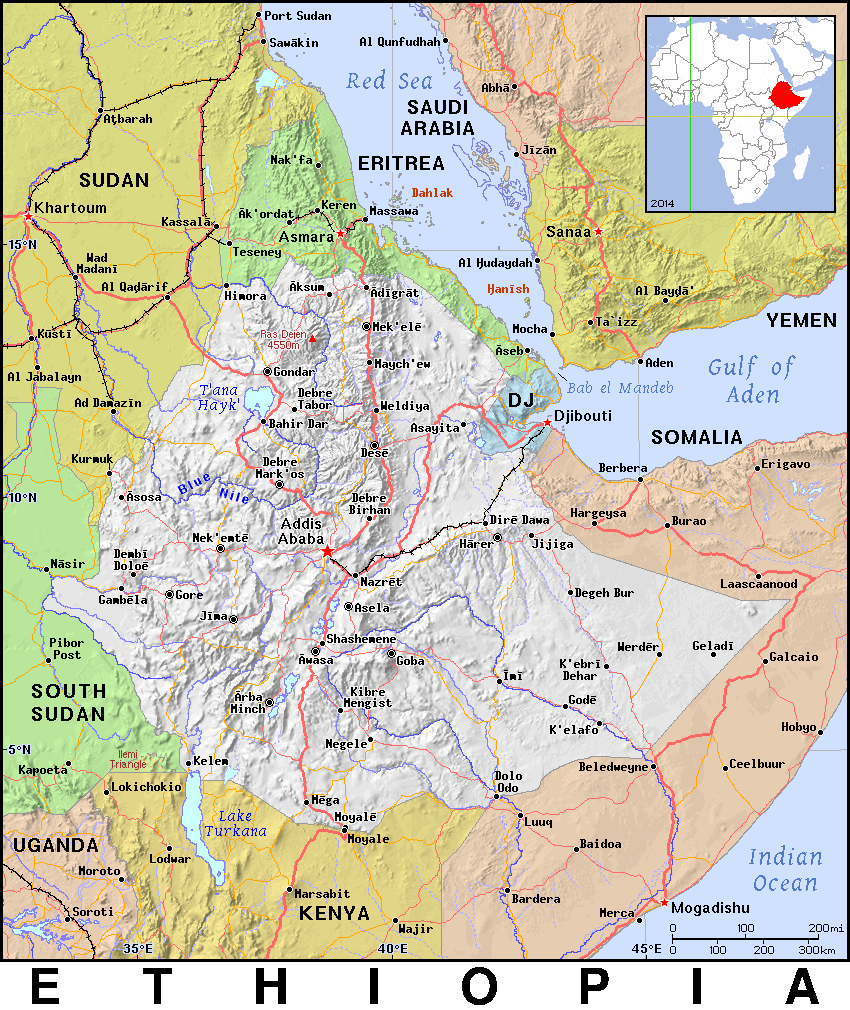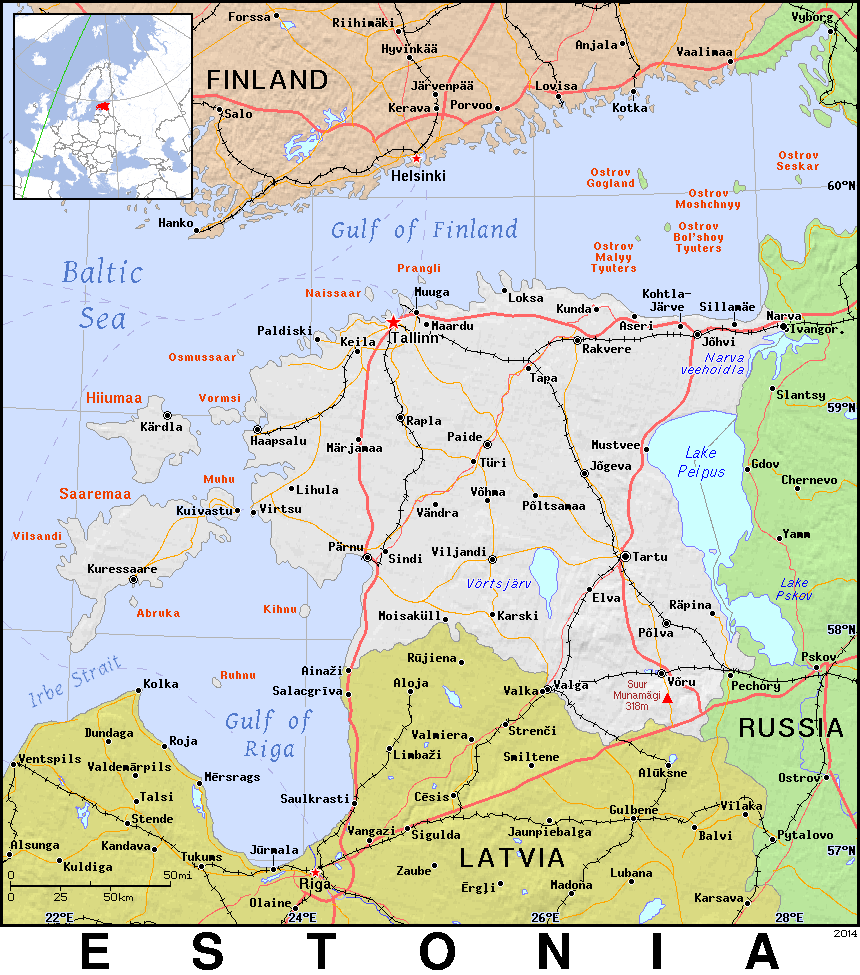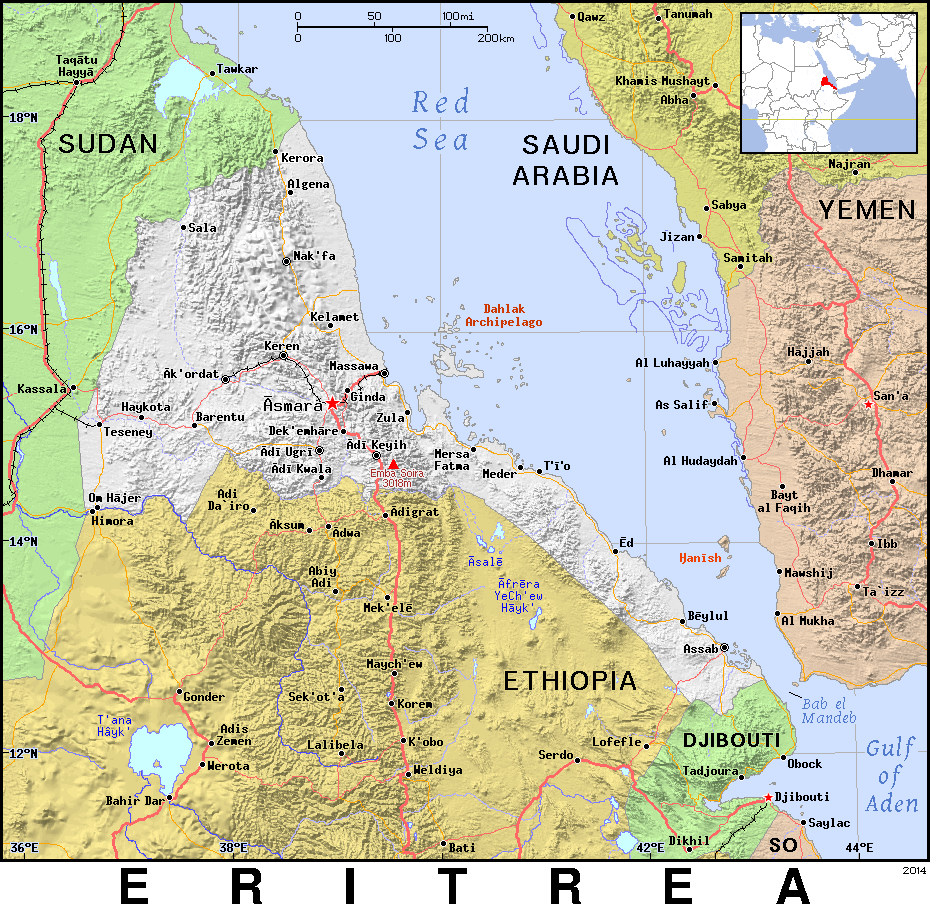The Central African Republic, located in the heart of Africa, is a landlocked country often overlooked as a tourist destination. However, this country is home to more than just political unrest and civil war – it boasts a rich cultural heritage and natural beauty worth exploring. From exotic wildlife to breathtaking landscapes, the Central African Republic offers much for adventurous travelers seeking an authentic African experience. In this blog post, we’ll take a closer look at some fascinating facts and places to visit in the Central African Republic, from its capital city of, Bangui to its national parks and historical sites. Whether you’re interested in learning about the country’s tribal cultures, exploring its rugged terrain, or simply relaxing amid the pristine wilderness, this region promises many exciting opportunities to challenge your sense of adventure. Join us as we delve into this fascinating country’s heart and discover all it has to offer.
1. The Central African Republic is a landlocked nation in Central Africa.
The Central African Republic is a landlocked nation located in Central Africa. This country has a vast landscape covering over 622,984 km² of land with a population of over 4.7 million people. The Central African Republic’s capital is Bangui, the largest city and center of commerce, industry, and government. Various ethnic groups with diverse languages and traditions shape the culture of this nation. With rich wildlife and natural resources, the Central African Republic is a promising tourist destination for those exploring virgin forests and exotic wildlife. The tourism industry is set to grow in the coming years, with more visitors discovering the beauty of Central African Republic facts and places to visit.
2. Cameroon, Chad, Sudan, South Sudan, the Democratic Republic of the Congo, and the Republic of the Congo border it
The Central African Republic is located in the heart of Africa. It is bordered by six countries: Cameroon, Chad, Sudan, South Sudan, the Democratic Republic of the Congo, and the Republic of the Congo. It has a total area of 622,436 square kilometers (240,324 square miles) and a population of around 4.9 million. The official language is French, and the currency is the Central African CFA franc. Despite being one of the least-developed countries in the world, the Central African Republic is home to unique wildlife, including elephants, gorillas, and chimpanzees, making it an emerging destination for ecotourism. Several national parks and reserves, such as the Dzanga-Sangha National Park and Biosphere Reserve, offer visitors a chance to experience the country’s natural beauty and biodiversity.
3. The official language is French, although there are more than 120 different local languages spoken in the country.
The Central African Republic (CAR) is a multicultural nation with diverse languages spoken throughout the country. The country’s official language is French due to its colonial history and connections to the Francophonie. Although French is the official language, it is not the mother tongue of most of the population. There are over 120 different languages spoken in the Central African Republic, including Sango, Gbaya, Mandjia, and Banda. It is important to note that language barriers can exist for tourists visiting the Central African Republic, especially in more remote areas. Therefore, it is recommended that visitors consider learning some basic French or using the services of a local guide for a more fulfilling and immersive experience.
4. The country’s major religions are Christianity and Islam.
The Central African Republic has numerous interesting facts and places to visit. One of the most significant facts about the country is that it is primarily dominated by two major religions – Christianity and Islam. Christianity is the most dominant religion and accounts for nearly 80% of the population. Conversely, Islam accounts for approximately 10% of the people, and the remaining 10% comprises other spiritualities. These two religions have shaped the country’s culture and way of life, making them an integral part of the Central African Republic’s history and identity. From a tourism perspective, visitors may want to explore some of the country’s notable religious sites, such as Bangui Cathedral or the Grand Mosque in the capital city of Bangui, to learn more about the country’s history and religion.
5. Bangui is the capital and largest city.
Bangui is located in the heart of the Central African Republic (CAR). As the capital and largest city in the country, it serves as the commercial, administrative, and cultural hub with a population of over 700,000 people. As a cultural melting pot, Bangui offers a range of experiences for tourists keen on exploring the Central African Republic’s unique cultural heritage. Several significant landmarks within the city include the iconic Notre Dame Cathedral and the Bangui National Museum, which contains a fascinating collection of traditional musical instruments, traditional costumes, and many other pieces of historical significance. Moreover, Bangui holds many other tourist attractions, such as the Boganda National Museum, Our Lady of Fatima, Barthelemy Boganda, and Saint Paul’s University’s campus, offering natural and historical sites for tourists to explore. Overall, it is an excellent destination for anyone who wishes to experience a piece of the Central African Republic’s history and culture, making it a must-visit place for tourism in the Central African Republic.
6. The national currency is the Central African CFA franc.
The Central African Republic is a landlocked country in Central Africa known for its cultural diversity, stunning landscapes, and breathtaking wildlife. One crucial fact to know about the country is that the official national currency is the Central African CFA franc. The CFA franc is used by 14 sub-Saharan African countries, including the Central African Republic, and is pegged to the euro at a fixed exchange rate. Visitors visiting the Central African Republic for tourism or business purposes can exchange their currency in banks or official exchange offices. In addition, it’s essential to remember that credit cards are not widely accepted, and most transactions are conducted in cash. Understanding the national currency is vital for any traveler visiting the Central African Republic.
7. The climate is tropical, with two seasons: wet and dry.
Central African Republic (CAR) is a landlocked country in the heart of Africa. The climate of the Central African Republic is tropical, with two seasons: a long wet season from May to October and a short dry season from November to April. The country is near the Equator, so temperatures are consistent throughout the year. The rainy season brings high humidity and temperatures between 23°C and 32°C (73°F to 90°F). Conversely, the dry season brings lower humidity and higher temperatures, often exceeding 38°C (100°F). The climate of the Central African Republic is an essential consideration for tourists planning a visit to this beautiful country, as it can impact travel conditions and the availability of certain activities.
8. the Bangui Zoo, Boali Falls, and the Obo Natural Reserve are popular places to visit.
Central African Republic is a landlocked country located in the heart of Africa. Although recovering from past conflicts, the country has a rich culture and many tourism opportunities. Popular places to visit include the Bangui Zoo, home to various animals, including chimpanzees, lions, and pythons. Another must-see is the Boali Falls, a stunning waterfall located just outside the capital city of Bangui. The Obo Natural Reserve is also a popular destination, allowing visitors to see Africa’s unique wildlife in their natural habitats. With its diverse landscape and variety of wildlife, the Central African Republic is a fantastic destination for those looking to experience the beauty and wonder of Africa.
In conclusion, the Central African Republic is a beautiful country with a rich culture and history. While it may be less traveled than some neighbors, it offers a unique experience for those willing to venture into this beautiful and diverse country. With stunning national parks, impressive waterfalls, and historic sites, plenty of places to visit and things to see in the Central African Republic will leave you with a greater appreciation of this often-overlooked destination.
